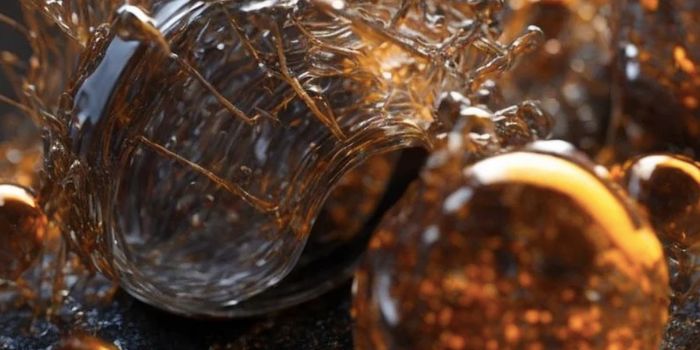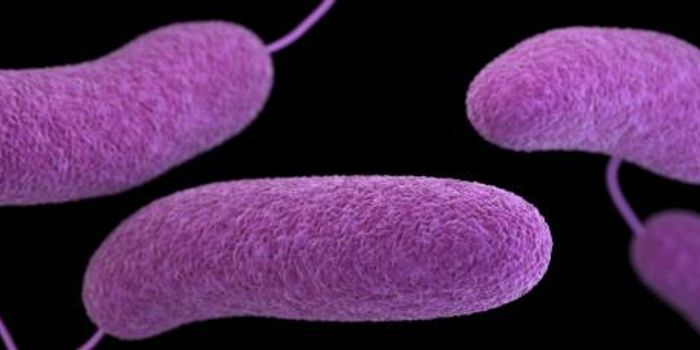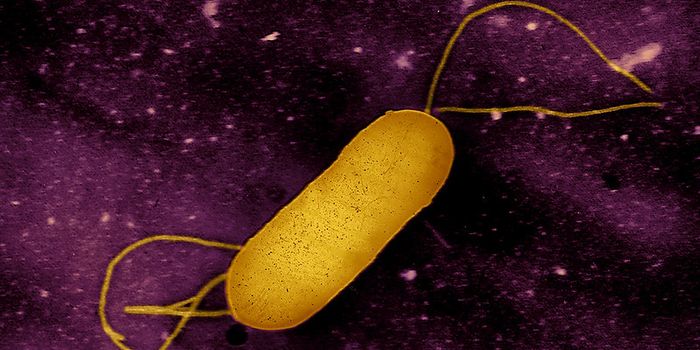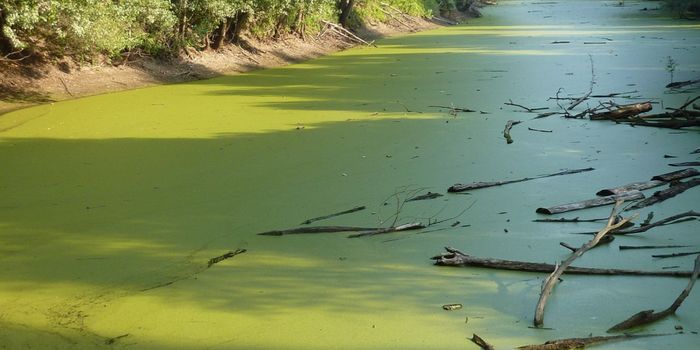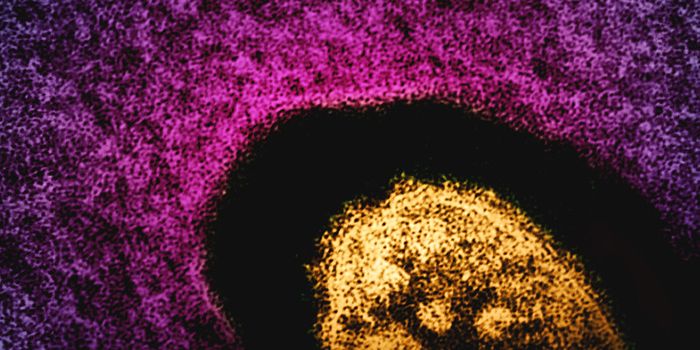Plastic-Eating Microbe is Found
Plastics entered the consumer market after World War II and since then it's been utilized in countless ways, many of which involve disposing the plastic after a single use. This has added up to tons of plastic pollution littering the globe. It's been estimated that by the end of 2015, 8,300 million metric tons of plastic had been created.
Polyurethane (PU) plastics are used in refrigerators, footwear, furniture, and other products that take advantage of its flexible, insulating characteristics. It is also tough to get rid of it; it is made of polymers that won't melt when they're heated, meaning it ends up in landfills where toxic chemicals leak out of it. New research may have an answer to this problem.
Reporting in Frontiers in Microbiology, scientists have identified a bacterial strain called Pseudomonas sp. TDA1 that can break down some of the chemicals that polyurethane is made of. It was recovered from a site where there was also a lot of plastic trash. The microbe is a member of a group of bacteria that can tolerate stresses including exposure to toxic organic compounds, noted study coordinator Dr. Christian Eberlein, with the Helmholtz Centre for Environmental Research-UFZ. "That trait is also named solvent-tolerance and is one form of extremophilic microorganisms," he said.
"The bacteria can use these compounds as a sole source of carbon, nitrogen, and energy," said study co-author Dr. Hermann J. Heipieper, a senior scientist at the Helmholtz Centre for Environmental Research-UFZ in Leipzig, Germany. "This finding represents an important step in being able to reuse hard-to-recycle PU products."
By analyzing genes in the bacterium's genome, the researchers identified the mechanisms used by the microbe to degrade the chemicals, and what factors help convert them to energy.
This work came out of an effort called P4SB (From Plastic waste to Plastic value using Pseudomonas putida Synthetic Biology), which aims to find microbes that can help convert plastics like polyurethane and polyethylene terephthalate (PET - often used to make water bottles), into biodegradable compounds.
Sources: Phys.org via Frontiers, Frontiers in Microbiology

